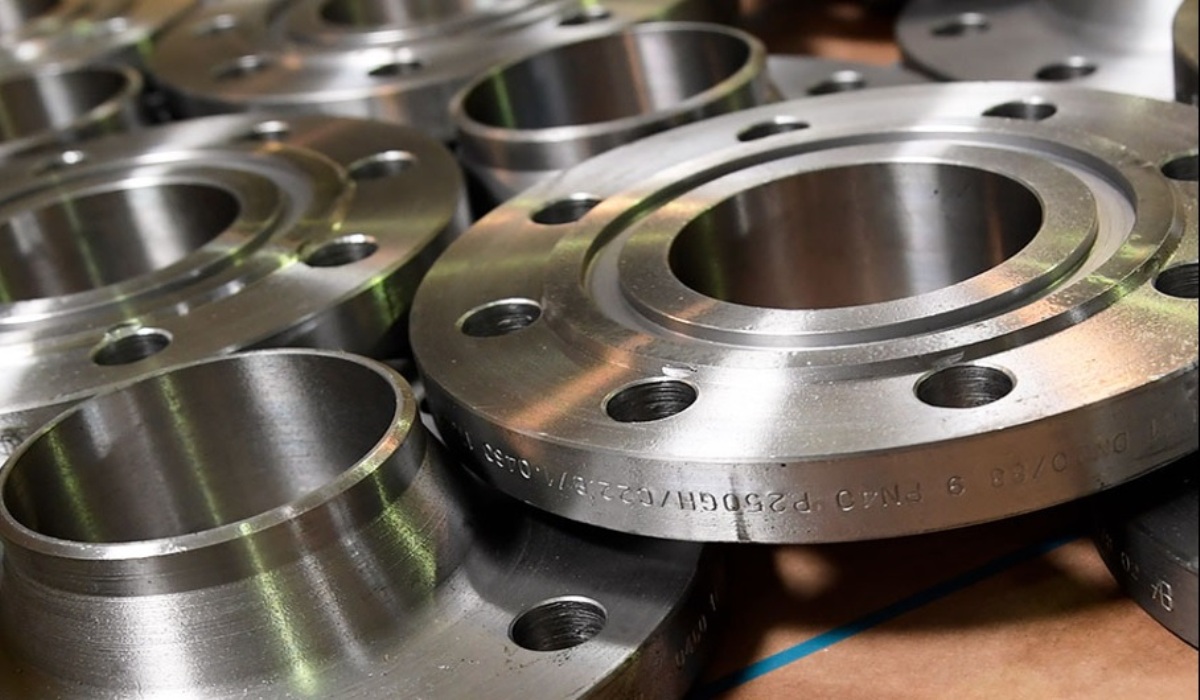
The global market for rheumatoid arthritis treatments is expected to grow at a CAGR of...
Learn More
Our consulting solutions address company specific challenges with respect to micro environment...
Learn More
Organizations frequently need day-today research guidancein order to gain strategic...
Learn More
Exploring different areas of market research and market analysis is a key factor...
Learn MoreAcute Market Reports presents the most extensive global business research services across industries. Our research studies focus on potential outcomes, benefits, and risks associated with each market segment across geographies. Having served our global clients for more than 10 years, our prime priority is to enable our clients in making well-informed business decisions through a data-driven, analytical, and uncomplicated research approach.
We provide access to the world's most comprehensive, analytical, and updated business intelligence services and solutions.




The numbing cream market, which encompasses topical anesthetics and analgesics used to alleviate pain or discomfort, has experienced significant growth driven by increasing applications in medical, cosmetic, and pain management sectors. The market is...
Read More
The wire mesh market serves a wide array of applications across industries, providing versatile solutions for filtration, reinforcement, security, and more. The wire mesh market is expected to grow at a CAGR of 4.9% during the forecast period of 2025...
Read More
The flanges market is expected to grow at a CAGR of 6.3% during the forecast period of 2025 to 2033, driven by various factors including increased industrialization, infrastructural development, and technological advancements. Key drivers such as the...
Read More




